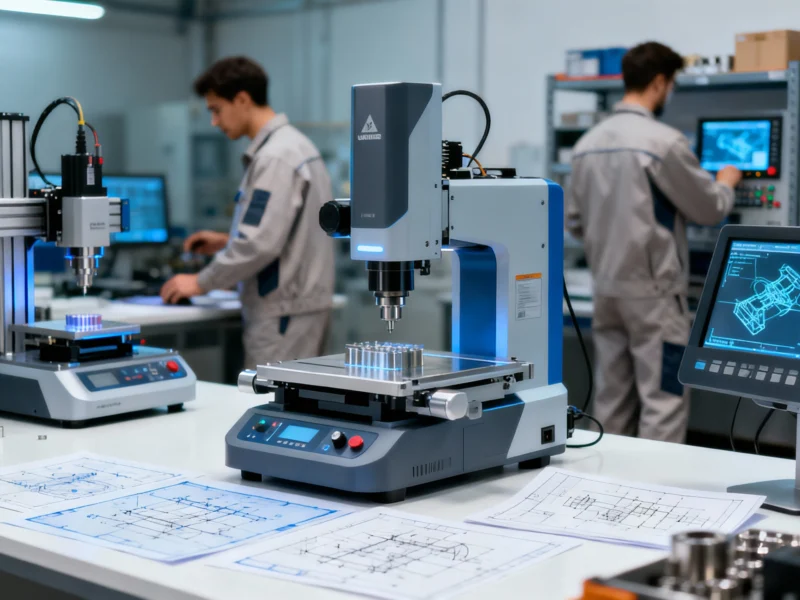Custom manufacturing has become essential for companies navigating strict regulatory landscapes in food processing, oil and gas, and aerospace sectors. Industrial gaskets and seals now serve as critical compliance components, with specialized materials and designs helping manufacturers meet evolving safety standards while improving operational performance. The shift toward custom solutions reflects growing recognition that off-the-shelf parts often fail to address specific regulatory requirements.
Food Safety Regulations Demand Precision Sealing
The Food Safety Modernization Act (FSMA) represents the most significant overhaul of U.S. food safety regulations in decades, shifting the FDA’s focus from contamination response to prevention. Under FSMA’s Good Manufacturing Practices (GMPs), food contact materials including gaskets must prevent contamination while withstanding harsh cleaning processes. The FDA maintains strict guidelines for materials that contact food, requiring manufacturers to document material composition and testing protocols.
Custom gasket manufacturers now develop solutions using FDA-compliant materials that resist degradation from food products, cleaning chemicals, and temperature extremes. These specialized seals prevent bacterial growth in crevices while maintaining integrity during thermal cycling. According to industry experts, properly specified custom gaskets can reduce contamination risks by up to 70% compared to standard alternatives. The FDA’s FSMA guidelines emphasize preventive controls that make material selection critical for compliance.
Oil and Gas Sector Faces Tightening Emissions Standards
New EPA methane regulations introduced in March 2024 require oil and gas operators to implement advanced leak detection and repair programs. These rules target a 80% reduction in methane emissions from covered sources by 2038, creating unprecedented pressure on equipment reliability. Gaskets in flange connections, valve stems, and compressor seals represent primary emission points that must maintain integrity under extreme pressure and temperature conditions.
Custom gasket solutions now incorporate specialized materials like graphite and PTFE that provide reliable sealing across wider temperature ranges while resisting chemical degradation. The EPA’s methane rule mandates quarterly monitoring at compressor stations and semi-annual inspections at well sites, making gasket reliability essential for compliance. State regulators conduct 80-90% of enforcement actions, often referencing federal standards when assessing facility compliance.
Aerospace Standards Demand Extreme Performance
Aerospace gaskets must meet some of industry’s most demanding specifications, including AS9100 quality management and Aerospace Material Standards (AMS). These components face temperature extremes from -65°F to 1,200°F while maintaining seal integrity in vacuum conditions or high-pressure hydraulic systems. Regulatory bodies including the FAA and EASA incorporate industry standards directly into certification requirements, making compliance impossible without specialized components.
Custom manufacturers develop aerospace gaskets using advanced materials like fluoroelastomers and specialized metals that withstand aviation fuels, hydraulic fluids, and extreme environmental conditions. The SAE International’s AS9100 standard requires rigorous documentation and testing protocols throughout the manufacturing process. Failure to meet these standards can ground aircraft fleets or delay space missions, making component reliability non-negotiable.
Custom Manufacturing Addresses Compliance Challenges
Forward-thinking manufacturers now invest in advanced CAD/CAM systems, 3D prototyping, and precision cutting technology to produce custom components that meet exact regulatory requirements. These capabilities allow engineers to design gaskets with material properties, dimensions, and performance characteristics tailored to specific applications. The result is improved sealing performance, reduced maintenance costs, and demonstrated regulatory compliance.
Companies specializing in custom solutions maintain extensive inventories of engineering-grade materials certified to industry standards, along with documentation supporting material traceability and testing. The ISO 9001 quality management standard provides framework for manufacturers to ensure consistent quality while adapting to evolving regulations. Custom components typically demonstrate 30-50% longer service life compared to standard alternatives, reducing replacement frequency and associated compliance verification.

